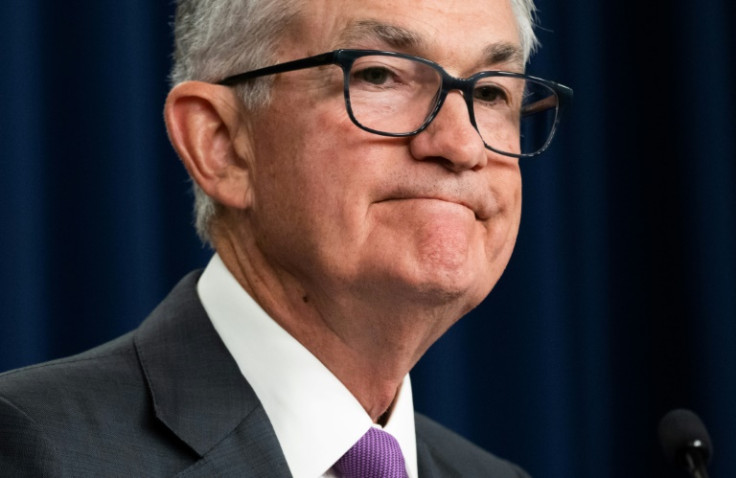Powell Says 'Inflation Is Still Too High' And More Hikes May Be Needed

Federal Reserve Chair Jerome Powell said that additional interest-rate increases may be necessary as economic growth remains strong and inflation is still too high.
"Additional evidence of persistently above-trend growth, or that tightness in the labor market is no longer easing, could put further progress on inflation at risk and could warrant further tightening of monetary policy," Powell said in prepared remarks at the Economic Club of New York.
He didn't give clear indications on the next monetary policy decision, scheduled for Nov. 1.
Inflation in the U.S. slowed in September, but at a monthly rate that still exceeded economists' forecasts. The pressure came mainly from increases in rents, transportation and energy. The consumer price index rose 0.4% from 0.6% in August. The gain from a year earlier was 3.7%. The Fed targets annual inflation of 2%.
"Inflation is still too high, and a few months of good data are only the beginning of what it will take to build confidence that inflation is moving down sustainably toward our goal," Powell said. "We cannot yet know how long these lower readings will persist, or where inflation will settle over coming quarters."
Strong economy
Powell made a reference to the retail sales data that came out Tuesday as an example of the strength in the U.S. economy. Total sales increased 0.7% from August. Economists surveyed by Reuters expected a gain of 0.3%.
"Economic growth has consistently surprised to the upside this year, as most recently seen in the strong retail sales data released earlier this week," Powell said. "The record suggests that a sustainable return to our 2% inflation goal is likely to require a period of below-trend growth and some further softening in labor market conditions."
The Fed chair said that the recent gains in Treasury yields could have an impact on interest-rate decisions.
"Financial conditions have tightened significantly in recent months, and longer-term bond yields have been an important driving factor in this tightening," Powell said. "We remain attentive to these developments because persistent changes in financial conditions can have implications for the path of monetary policy."
Yields on the 10-year Treasury bonds are close to 5%, the highest level since 2007.
Powell said he found the attacks to Israel "horrifying" and that the Fed is watching closely.
"Geopolitical tensions are highly elevated and pose important risks to global economic activity. Our institutional role at the Federal Reserve is to monitor these developments for their economic implications, which remain highly uncertain."
© Copyright IBTimes 2025. All rights reserved.





















